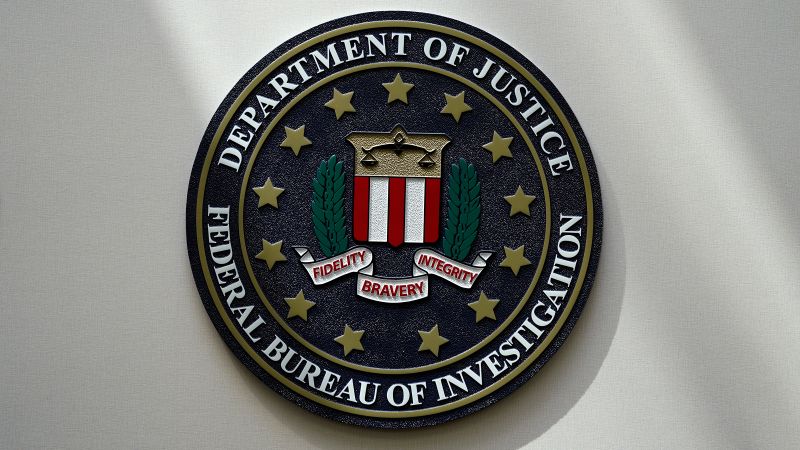The US is facing a potential rift within the Republican party over the extension of the Section 702 program, which allows the government to collect massive amounts of internet and cellphone data. This program is crucial for US intelligence gathering, providing valuable information on various security threats both at home and abroad. However, there is a bipartisan debate about the need for new constraints on how the government accesses this data and the privacy concerns of American citizens whose information may be incidentally accessed without a warrant.
Former President Donald Trump’s call to “KILL FISA” has stirred up controversy within the Republican party, leading to a revolt among right-wing Republicans who oppose the extension of the program. Trump’s claims that the program was used to spy on his 2016 presidential campaign are incorrect, as Section 702 focuses on the collection of data without warrants. Lawmakers are now searching for an alternative way to extend the program before it lapses on April 19, as companies may stop providing data if the authority is not renewed.
The government has the authority, under the updated FISA law, to compel phone companies and internet providers to provide access to communications across the internet backbone. The scope of data collection is massive, and there are additional “highly sensitive techniques” authorized for data collection. This trove of data helps intelligence agencies access information about foreign threats and informs US policy decisions, but it also raises concerns about the privacy of American citizens whose information is accessed through “backdoor” searches.
The Privacy and Civil Liberties Oversight Board has documented various cases of misuse of the data collected under Section 702, including accessing the communications of protesters, members of Congress, and donors to political campaigns. While the program has been updated to include protections for Americans’ communications, there are proposals to add more safeguards, such as requiring warrants for accessing most communications involving Americans. FBI Director Christopher Wray has warned that altering the program could put American lives at risk by hindering the government’s ability to respond quickly to security threats.
Despite concerns about privacy violations, there are arguments in favor of maintaining the Section 702 program to protect national security interests. Former CIA Director Leon Panetta emphasized the importance of speed in utilizing the data to prevent terror attacks, citing previous instances where the program helped thwart potential threats. While there is a push for additional protections for Americans’ privacy, there is also a recognition of the program’s role in maintaining national security and preventing potential security threats. Finding a balance between protecting civil liberties and ensuring national security remains a key challenge for policymakers.


